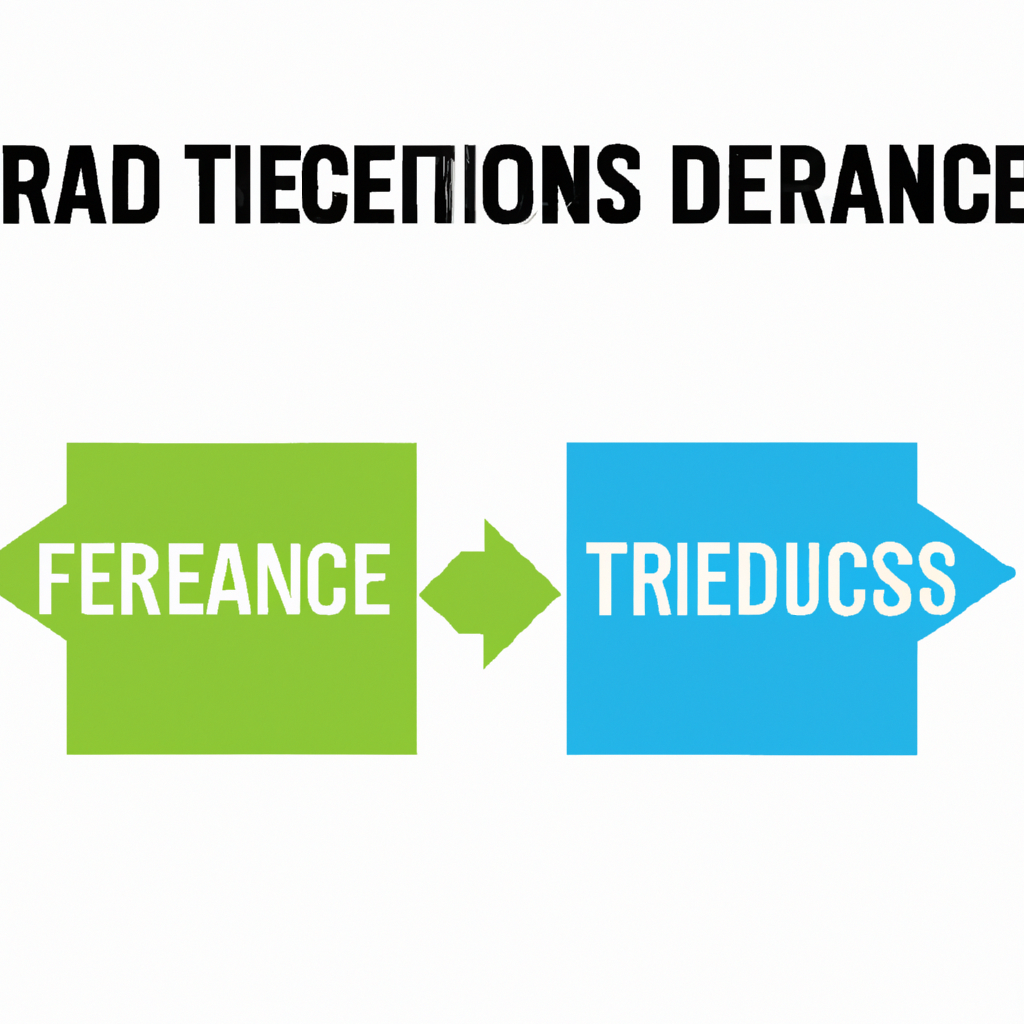Trading Fees and Commissions Comparison: Finding the Best Deal for Your Trades
Introduction
In the world of online trading, fees and commissions play a crucial role in determining the profitability of your trades. With numerous brokerage firms vying for your attention, it’s essential to compare and understand the trading fees and commissions they charge. This article aims to provide an overview of the factors to consider when comparing trading fees and commissions, helping you find the best deal for your trades.
Factors to Consider
When comparing trading fees and commissions, several key factors should be taken into account:
1.
Types of Fees
Different brokers may have various fee structures. The most common types of fees include:
– Trade commissions: These are charges levied for executing trades.
– Account maintenance fees: Some brokers charge a fee for maintaining your trading account.
– Inactivity fees: If you don’t make any trades within a specified period, some brokers may charge an inactivity fee.
– Deposit and withdrawal fees: Certain brokers may impose fees for depositing or withdrawing funds from your trading account.
2.
Fee Structures
Brokers can have different fee structures, such as fixed fees or percentage-based fees. Some brokers may offer tiered fee structures, where fees decrease as your trading volume increases. Understanding the fee structure is crucial to assess the impact on your trading profitability.
3.
Trading Instruments
Consider the specific trading instruments you plan to trade. Different brokers may have varying fee structures for stocks, options, futures, or forex trading. Ensure that the fees for your preferred trading instruments are competitive and align with your trading strategy.
4.
Trading Volume
Your trading volume plays a significant role in determining the impact of fees and commissions on your overall profitability. If you’re a frequent trader, even slight differences in fees can add up over time. Consider whether a broker offers volume-based discounts or lower fees for high-frequency traders.
5.
Additional Services
While comparing fees, don’t overlook the additional services provided by brokers. Some brokers may offer research tools, educational resources, or access to advanced trading platforms. Evaluate the value of these services alongside the fees charged to determine the overall value proposition.
Comparison Process
To effectively compare trading fees and commissions, follow these steps:
1.
Identify Your Trading Needs
Determine your preferred trading instruments, trading frequency, and the level of support or additional services you require. This will help you narrow down the brokers that align with your needs.
2.
Research Brokerage Firms
Conduct thorough research on different brokerage firms. Visit their websites, read reviews, and compare their fee structures, including trade commissions, account maintenance fees, and any other charges relevant to your trading activities.
3.
Evaluate Fee Structures
Assess how the fee structures of different brokers align with your trading volume and frequency. Calculate the potential impact of fees on your trading profitability to make an informed decision.
4.
Consider Additional Services
Take into account the additional services offered by brokers. Determine whether the value provided justifies the fees charged. For example, if a broker offers extensive research tools or educational resources, it may compensate for slightly higher fees.
5.
Compare Overall Costs
Once you have gathered all the necessary information, compare the overall costs of trading with different brokers. Consider the fees, commissions, and additional services to determine the best deal for your trades.
Conclusion
When it comes to trading fees and commissions, a thorough comparison is essential to find the best deal for your trades. By considering factors such as fee types, fee structures, trading instruments, trading volume, and additional services, you can make an informed decision. Remember, the lowest fees may not always translate to the best value if the broker lacks essential services or fails to meet your specific trading needs. Take your time, compare the options, and choose a brokerage firm that aligns with your trading goals and preferences.

